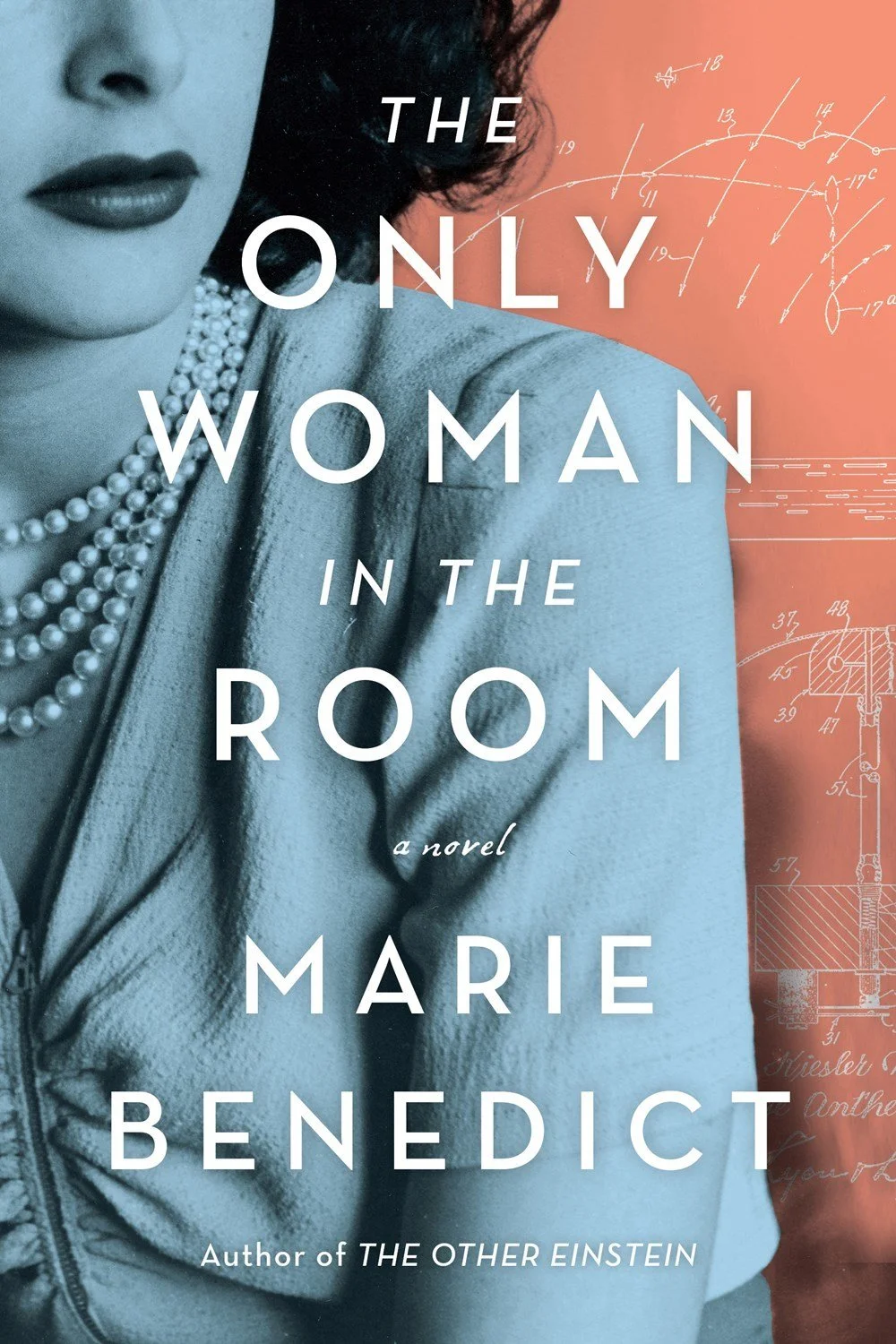The Dream Hotel
If you enjoyed this review, please consider purchasing this book from my Amazon Associates link (applies to Kindle purchases as well): https://amzn.to/4pKXZYE. The commissions I receive from your purchase help pay for the costs of running this website. Thanks for your support!
This is Black Mirror in book form, so if you want to get scared/worked up about all of the ways that your little rectangular device is controlling your life but then continue to use it anyway, I recommend this book!
The Dream Hotel has a compelling and eerily realistic premise; Sara is at the mercy of a technology that she initially thought could help her. Newly postpartum with twins, she got an implant to help regulate her sleep, and in the process, she unwittingly signed off on a user agreement that allowed the company to monitor her dreams. Her world is a near-future vague dystopia, so while we don’t know the exact year, the book’s references are very similar to today’s, with one exception: the RAA. The RAA (Risk Assessment Administration) uses algorithms to collect data from their day-to-day lives to calculate the likelihood that they’ll commit a crime. A social credit score, if you will. In Sara’s case, her dream data negatively affected her score and landed her in a detention center under the guise of potential future crime prevention.
So, just enough of a near-possibility to freak you the f*** out. Of course, the detention center is heavily motivated by profit and operates similarly to modern-day prisons. They have certain ‘rights’ that are mostly nominal; in practice, they don’t apply, and no one really cares because these guys are bad, right?? They deserve to be there! Nah… the notion that ‘actions have consequences’ becomes ludicrous when the system is working against you in insidious, ambiguous, and arbitrary ways. You can get an extension to your detention just for having RBF. There’s a lot of bureaucracy that weighs them down, and their presence at the detention center forces them to cave to little pockets of further monitoring, and who knows how that could affect your social credit score? For example, if they want access to tampons, they have to agree to let their cycle be tracked. There are numerous glaring human rights violations targeting individuals who have not committed any wrongdoing, and I don’t love that for them. I’m sure this blog would do wonders for my social credit score.
This book perfectly encapsulates righteous indignation gone wrong. It seems like an obvious duh to prevent crime from happening. But justice in the truest sense of the word is not happening here. This is a population that no one feels sorry for, so everyone looks the other way when they’re being taken advantage of. Even Sara’s own husband looks at her differently and questions why she can’t just ‘behave’ at the detention center, even though the things that she gets marked up for are bullshit.
So, I love that this book is giving ~ relatable dystopia~. I could put myself in people’s shoes and really grapple with the ethical quandaries. I also liked the detainee dynamic; seeing Sara interact with the other people at the detention center reminded me of Orange is the New Black. That being said, my biggest complaint with the book is that the characters fell flat. Lalami introduced a lot of people, and I never felt like I got a grasp on any of them. I couldn’t even keep track of who was who. There were a few times when I felt Lalami was beating a dead horse/the plot was dragging, and the book would have benefited from less horse-beating/plot-dragging and more character development. Ultimately, I feel like that is a minor qualm for a thought-provoking, innovative take on dystopia, so The Dream Hotel receives 4 out of 5 flames.


